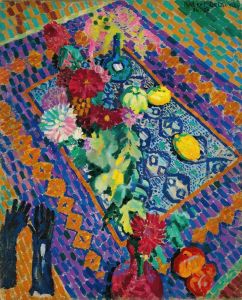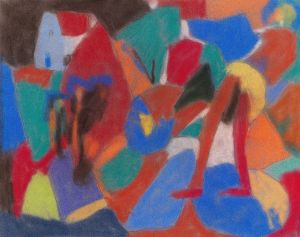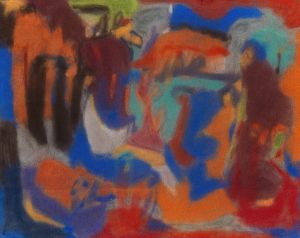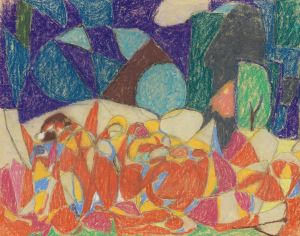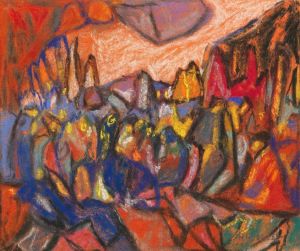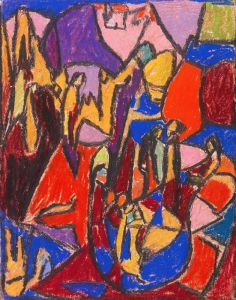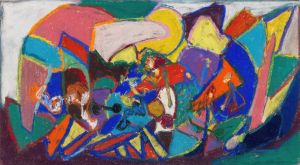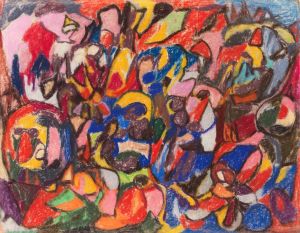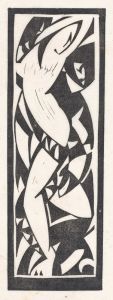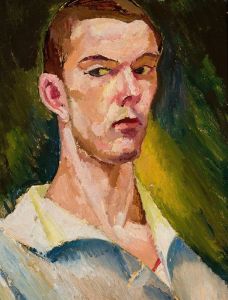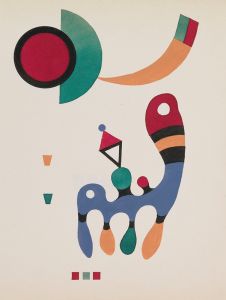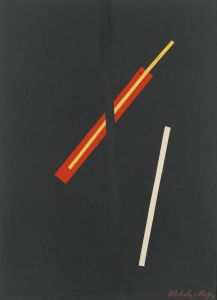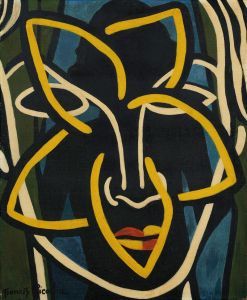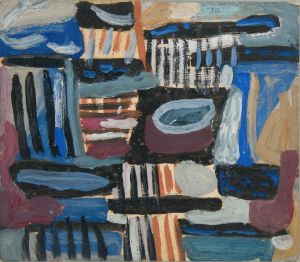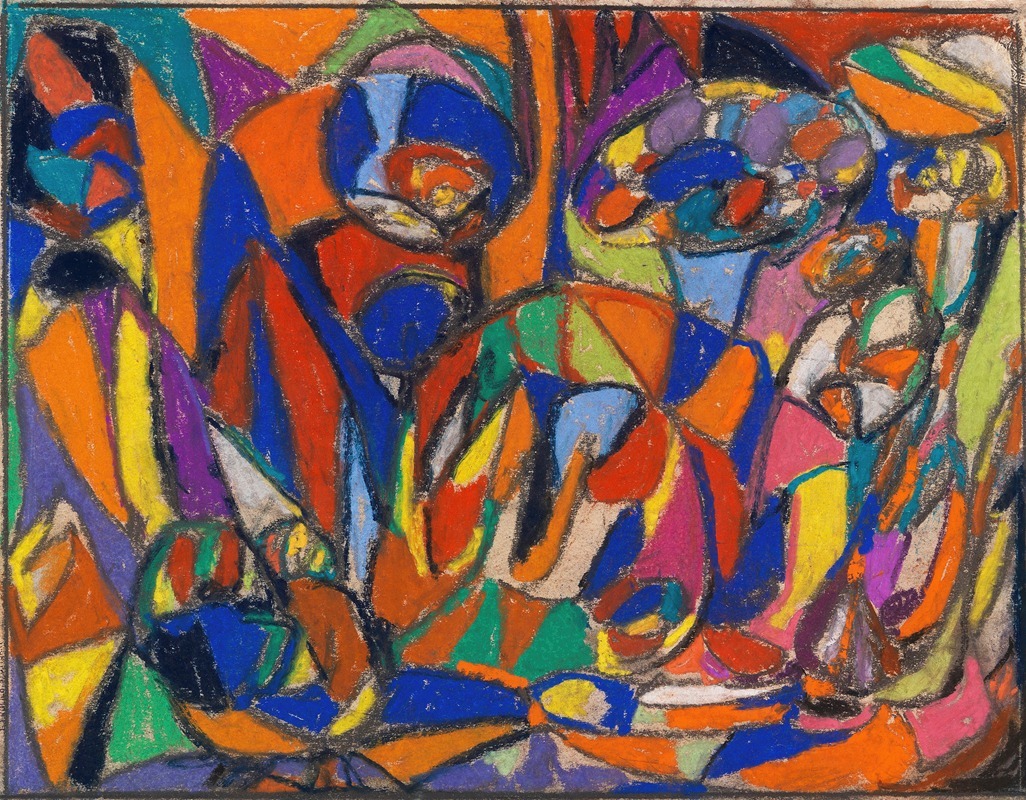
Ohne Titel
A hand-painted replica of Adolf Hölzel’s masterpiece Ohne Titel, meticulously crafted by professional artists to capture the true essence of the original. Each piece is created with museum-quality canvas and rare mineral pigments, carefully painted by experienced artists with delicate brushstrokes and rich, layered colors to perfectly recreate the texture of the original artwork. Unlike machine-printed reproductions, this hand-painted version brings the painting to life, infused with the artist’s emotions and skill in every stroke. Whether for personal collection or home decoration, it instantly elevates the artistic atmosphere of any space.
Adolf Hölzel was a pivotal figure in the development of modern art in Germany, known for his contributions to abstract art and his influential role as a teacher. However, specific information about a painting titled "Ohne Titel" by Adolf Hölzel is not readily available in the public domain or major art historical resources. "Ohne Titel" translates to "Untitled" in English, and it is not uncommon for artists, especially those involved in abstract or modern art movements, to create works without specific titles. This practice allows viewers to engage with the artwork without preconceived notions or biases that a title might impose.
Adolf Hölzel was born on May 13, 1853, in Olomouc, which is now part of the Czech Republic. He studied at the Academy of Fine Arts in Vienna and later at the Academy of Fine Arts in Munich. Hölzel's early work was influenced by Impressionism, but he gradually moved towards a more abstract style. He became a significant figure in the transition from Impressionism to Modernism in German art.
In 1905, Hölzel was appointed as a professor at the State Academy of Fine Arts in Stuttgart, where he became a central figure in the development of abstract art. His teaching emphasized the importance of color theory and composition, and he encouraged his students to explore non-representational forms. Among his students were notable artists such as Oskar Schlemmer, Willi Baumeister, and Johannes Itten, who later became influential figures at the Bauhaus.
Hölzel's work and teachings were instrumental in the development of the Stuttgart School, which played a crucial role in the evolution of abstract art in the early 20th century. He was known for his innovative use of color and form, and his work often explored the spiritual and emotional potential of abstract art.
Throughout his career, Hölzel produced a significant body of work, including paintings, drawings, and prints. His abstract compositions often featured bold colors and dynamic forms, reflecting his interest in the expressive possibilities of art. Despite the lack of specific information about the painting "Ohne Titel," it can be inferred that it likely embodies the characteristics of Hölzel's mature style, focusing on abstraction and the interplay of color and form.
Adolf Hölzel passed away on October 17, 1934, in Stuttgart, Germany. His legacy continues to influence artists and art educators, and his contributions to the development of abstract art are widely recognized. While specific details about "Ohne Titel" remain elusive, Hölzel's impact on the art world is well-documented, and his work continues to be studied and appreciated for its pioneering approach to abstraction.





